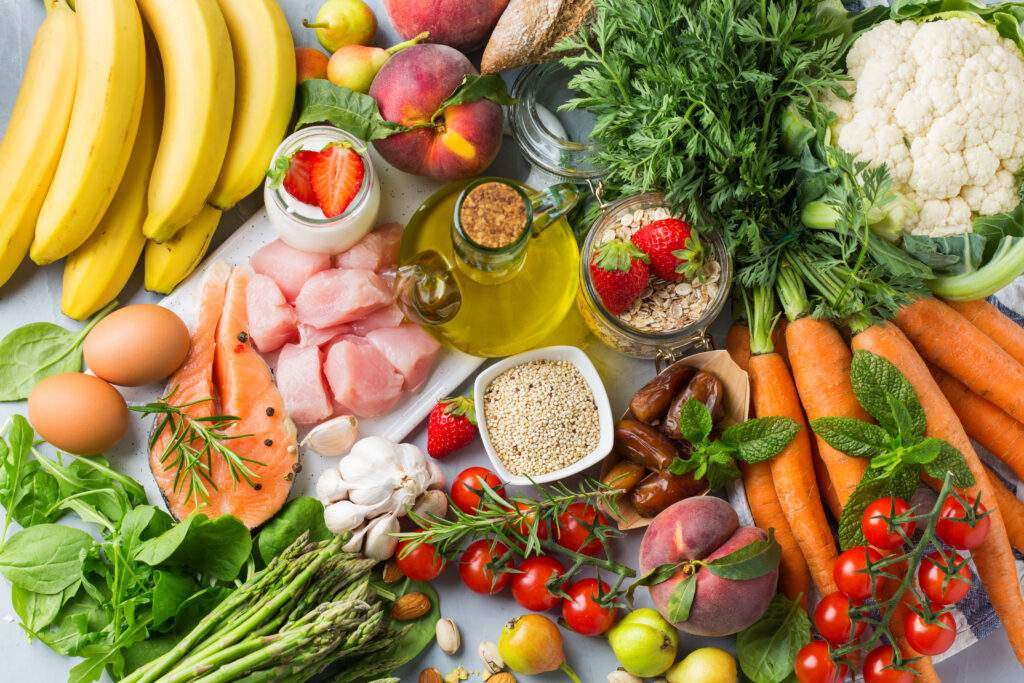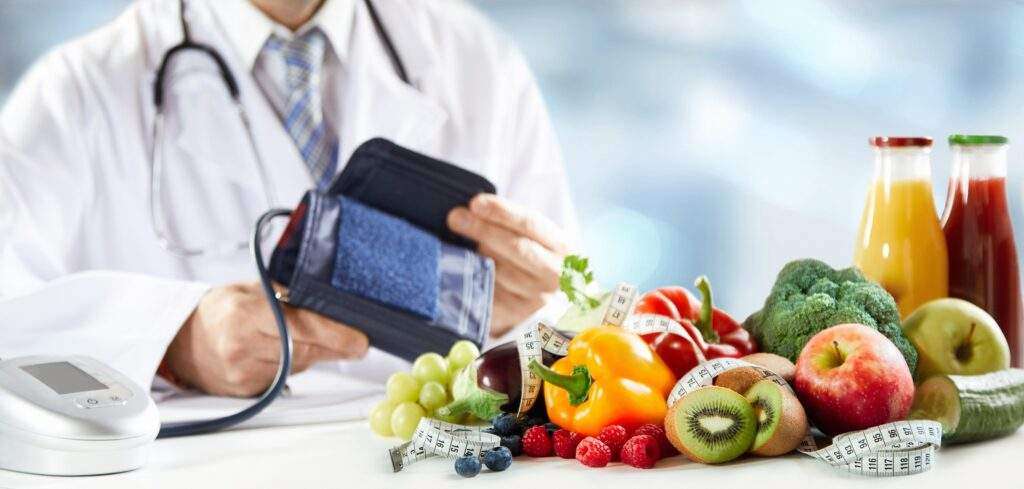
There are a lot of risks when one’s blood pressure rises. One of the significant risk factors is cardiovascular disease. The probability of stroke, heart attack, and heart failure also increases.
What’s alarming to know is that currently, 26% of the world’s population suffers from hypertension. It’s the primary contributor to heart disease and stroke, the first and third leading cause of mortality globally. Having a systolic of 130-139 and a diastolic of 80-89 puts you at stage one, while having a systolic higher than 140 and a diastolic higher than 90 places you at stage two.

Today, the prevalence of this problem is expected to increase to 29% globally by 2025. There are many reasons for this ongoing health challenge. Some of them are the following:
- High sodium diet
- Smoking
- Sedentary lifestyle
- High alcohol consumption
- Obesity
- Stress
- Genes
- Sleep apnea
- Chronic kidney disease
Managing your blood pressure should be top of your priority. You can do many things to address this on your own without medication, especially if you’re young and still in the early stages of the condition. But it would help if you had a blood pressure monitoring device at home to track your progress. This device is effortless to use and will accurately measure your blood pressure with just a press.
To help lower your blood pressure, here are some of the things you can do at home:
1. Eat Heart-Healthy Food
In treating cardiovascular disease, having optimal blood pressure is the most effective way to ensure your heart is healthy. You may do this by making a few changes to your diet. Incorporating food rich in potassium and magnesium can significantly help manage your blood pressure. Adding the following types of food to your diet can help:
- Fatty fish – Fatty fish like salmon is rich in omega-3 fats which could help reduce the inflammation in the blood vessels by balancing the presence of oxylipins, the compounds that constrict the blood vessels.
- Carrots – Carrots are high in phenolic compounds that help reduce inflammation in the heart. When taken raw or its juice extracted, carrots can help lower blood pressure after taking 16 ounces of fresh juice daily for 3 months.
- Broccoli – This cruciferous vegetable is abundant in antioxidants that enhance the function of the blood vessels by increasing the presence of beneficial nitric oxide in the body.
- Chia – Considered a superfood, these tiny, incredible seeds are rich in potassium, magnesium and fiber. Based on a 12-week study, people who previously had high blood pressure had a notable drop in their blood pressure.
- Greek yogurt – Not only are they yummy, but Greek yogurt is also packed with nutrients, including potassium and calcium, that help lower blood pressure with daily intake.
2. Limit Salt Intake
High salt food has been known to spike blood pressure, so avoiding it would give you better health. Unfortunately, easy access to fast food has been the primary reason the population suffers from hypertension. Junk food such as chips high in salt is also a significant contributor.
A study showed that reducing salt intake helped reduce the blood pressure of many young subjects, while it’ll take that and other interventions such as exercise and lifestyle change for the elderly. So, it would be safe to say that the younger you begin your health reform, the better your prognosis will be.
3. Limit Alcohol Intake
Drinking more than three bottles of alcoholic beverage can raise one’s blood pressure, while consuming more than necessary may lead to other worse health conditions like liver disease. If you’re looking after your heart’s health, you need to remember the recommended amount you can take because anything more than that is already considered unhealthy.
For women, the recommended amount is one glass a day and consuming more than three glasses in two hours is already binge drinking, while drinking three glasses a day is already heavy drinking.
For men, the recommended amount is two glasses a day; drinking five or more drinks in two hours is considered binge drinking, and drinking more than four glasses daily is already heavy drinking.
Cutting back on alcohol can significantly reduce your blood pressure. As alcohol is a high-calorie substance, it’ll aid in weight gain, which is another factor of unhealthy blood pressure levels.
When discussing glass in alcohol consumption, it signifies varying measurements, depending on the type of alcohol; it means 12 ounces for beer, 5 ounces for wine and 1.5 ounces for 80-proof distilled spirits like gin, vodka, rum and cognac.
4. Get Physical
Regular exercise is crucial in maintaining the regulated pumping of your heart. Exercising keeps the heart muscles strong, and a strong heart muscle takes less effort to pump blood. The force on the arteries decreases when the heart requires less effort to pump. Exercising also helps maintain an ideal body weight, which, as mentioned, is a crucial factor in blood pressure.
It only takes about 30 minutes of moderate aerobic exercises daily to achieve this. But a combination of aerobic and weight resistance training that’ll increase your heart and breathing rate is ideal in most situations.
If you’re the type who isn’t into exercising, you may do other activities like climbing up and down the stairs, brisk walking, gardening, dancing and sports like swimming, tennis and basketball.
If you’re unsure whether your heart can handle these, always consult your physician. If you do get started, remember to start slowly and ease into it. Stop if you feel anything unusual, like dizziness or pain.
5. Stop Smoking
Smoking isn’t only bad for your lungs but also for your heart. Nicotine raises your blood pressure, narrows your arteries, and makes your blood clot. It may be very challenging to quit the habit, but focusing on the positive will help convince you that quitting smoking is the key if you want to live longer.
Conclusion
Implementing some lifestyle changes can positively affect your heart health. Taking care of your health for your and your family’s benefit is something you need to consider. If giving up a few bad vices is required to accomplish it, then plan your course of action because there’s no right time like now to better your health.